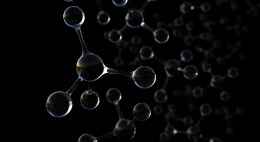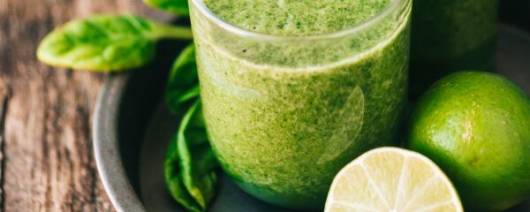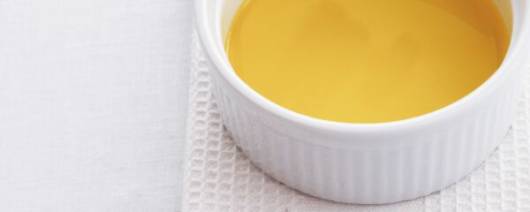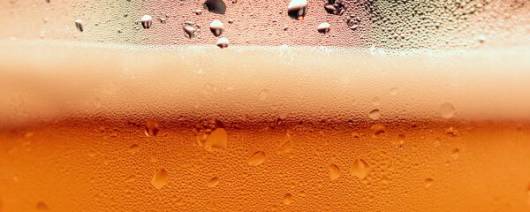- Ingredient Name:Tea Saponin
- Functions:Emulsifier, Emulsifier, Anti-Inflammatory, Dispersant
Shanghai Youngsun Foods Tea Saponin is one of sugar type compound, extracted from the seeds of the aceae plants. It is a kind of natural non-ionic surfactant. Tea saponin has emulsifying, dispersing, foaming, wet function, and has anti-inflammatory, analgesic, penetration resistance and other pharmacological effects. Product is light yellow fine powder. Widely used in washing, wool spinning, knitting, medicine, daily chemical industry and etc.













































